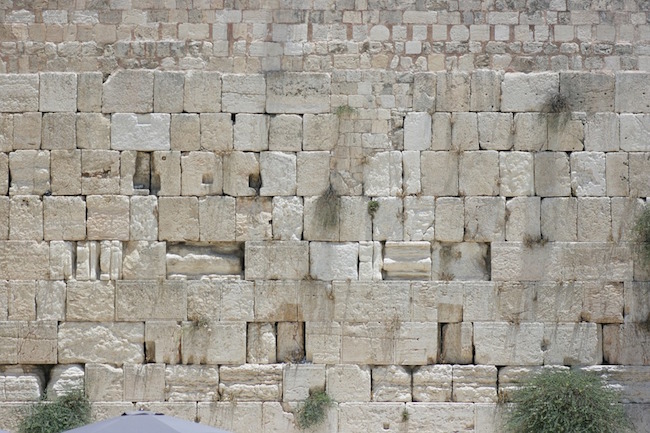Will The New Shemitah Cycle Be A Turning Point In Human History? BY Michael for End of The American Dream
A number of people have asked me about the Shemitah year lately, and so in this article I will attempt to provide some answers. According to Orthodox Judaism, the current 7 year Shemitah cycle will end and a new 7 year Shemitah cycle will begin when Rosh Hashanah arrives on the evening of September 25th. But that assumes that they have been calculating the Shemitah cycles correctly. There are some that believe that this is not actually a Shemitah year at all. There are others that believe that a Shemitah year should begin on the first day of the Biblical year and not on Rosh Hashanah. And then there is the debate between those that believe a full Jubilee cycle is 49 years long and those that believe a full Jubilee cycle is 50 years long. As you can see, researching this topic can quickly become extremely complicated. So let me start off by reviewing some of the basics. This is what Wikipedia has to say about how the Shemitah year is observed in the land of Israel today…
The sabbath year (shmita; Hebrew: שמיטה, literally “release”), also called the sabbatical year or shǝvi’it (שביעית, literally “seventh”), or “Sabbath of The Land”, is the seventh year of the seven-year agricultural cycle mandated by the Torah in the Land of Israel and is observed in Judaism.[1]
During shmita, the land is left to lie fallow and all agricultural activity, including plowing, planting, pruning and harvesting, is forbidden by halakha (Jewish law). Other cultivation techniques (such as watering, fertilizing, weeding, spraying, trimming and mowing) may be performed as a preventive measure only, not to improve the growth of trees or other plants. Additionally, any fruits or herbs which grow of their own accord and where no watch is kept over them are deemed hefker (ownerless) and may be picked by anyone.[2] A variety of laws also apply to the sale, consumption and disposal of shmita produce. All debts, except those of foreigners, were to be remitted.[3]
Unfortunately, a lot of man-made rules have been created to allow people to keep the Shemitah without really keeping it…
Even for those inclined to consider the Shemitah binding, Talmudic scholars developed a mechanism known as a pruzbul to effectively negate the loan-forgiveness aspects of Shemitah. This process hinges on the scriptural command to forgive the debts of a “friend or brother” (Deuteronomy 15:2), which Talmudic scholars chose to interpret as implying that only private debts are cancelled. Making a pruzbul transfers the debt to a public religious court, a beit din, so the debt is theoretically no longer between friends, brothers, or neighbors. According to this interpretation, the once-private debt is fully recoverable, and nothing is forgiven (see Mark 7:8–9).
Likewise, those interested in maintaining farms during a Shemitah Sabbath year have turned to a rabbinic interpretation, which effectively nullifies the law. By hiring non-Jewish hands to work the land, the landowner can claim to be following the Shemitah by not (himself) cultivating the land—others are doing it for him, and he is not laboring personally.
Obviously this is not what God originally intended. According to Leviticus 25, the Shemitah year is supposed to be a year of complete rest for the land…
Then the Lord spoke to Moses on Mount Sinai, saying: 2 Speak to the children of Israel, and say to them: When you come into the land that I give you, the land shall keep a sabbath to the Lord. 3 For six years you shall sow your field, and six years you shall prune your vineyard and gather in its fruit, 4 but in the seventh year there shall be a sabbath of complete rest for the land, a sabbath for the Lord. You shall neither sow your field nor prune your vineyard. 5 That which grows by itself from your harvest you shall not reap, nor gather the grapes of your unpruned vines, for it is a year of complete rest for the land.
And according to Deuteronomy chapter 15, at the end of the Shemitah year there is to be “a relinquishing of debts”…




